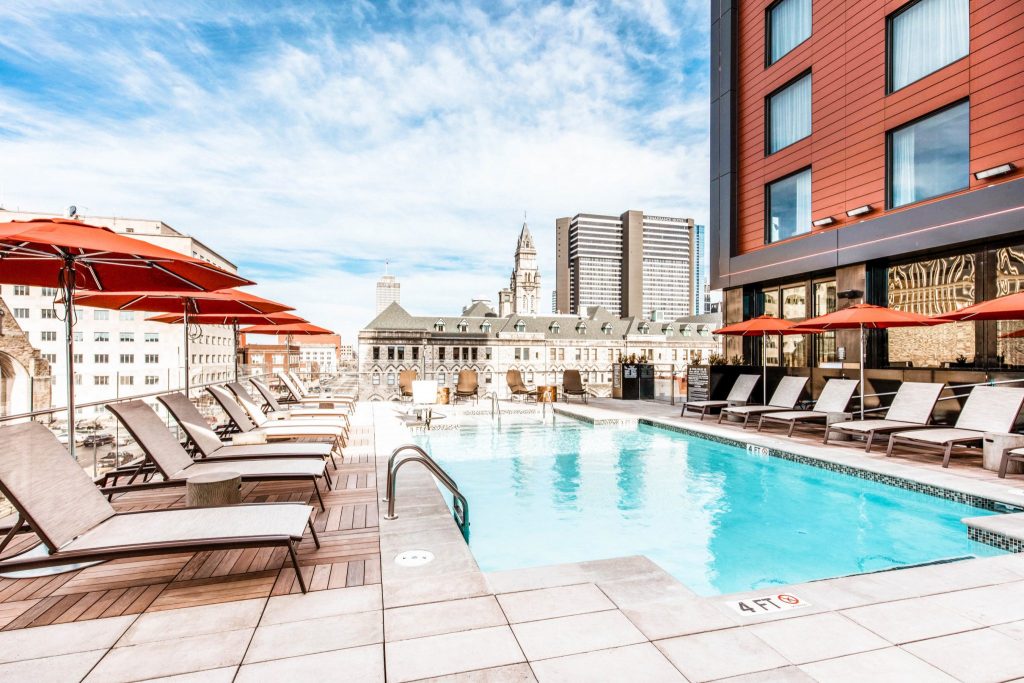A Profitable Choice Hotels Plans for Bigger Extended Stay and Upscale Portfolios

Skift Take
Choice Hotels saw occasional bursts of profitability during the pandemic while competitors lost hundreds of millions of dollars. The company doesn’t plan to just stick to its reliable drive-to and leisure travel playbook, however. Expect more upscale hotel deals on the horizon.
Drive-to and leisure hotels were once again a financial winner for Choice Hotels, which reported Monday a $22.3 million first quarter profit.
Choice Hotels, owner of brands like Comfort and EconoLodge, was the rare hotel company to see a full-year profit in 2020, and company leaders pointed to their portfolio of roadside hotels outside of city centers as the prime factor in the profitability.
Ninety-five percent of Choice’s domestic U.S. hotels are outside urban centers, where hotels were most negatively impacted from the pandemic. More than 4,000 of Choice’s U.S. properties are within a mile of an interstate highway exit.
The company plans to parlay some of the financial strength over the last year into growth within its smaller extended stay and upscale hotel segments, the latter of which had its strongest quarter ever for hotel openings.
“We believe we are now better positioned to increase our share of travel demand in the years to come than we were prior to the onset of the pandemic,” Choice Hotels CEO Patrick Pacious said on an investor call Monday.
The extended-stay hotel sector garnered major investor interest over the last year, most notably with Black
